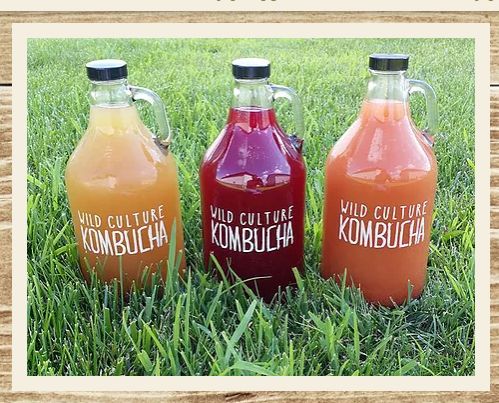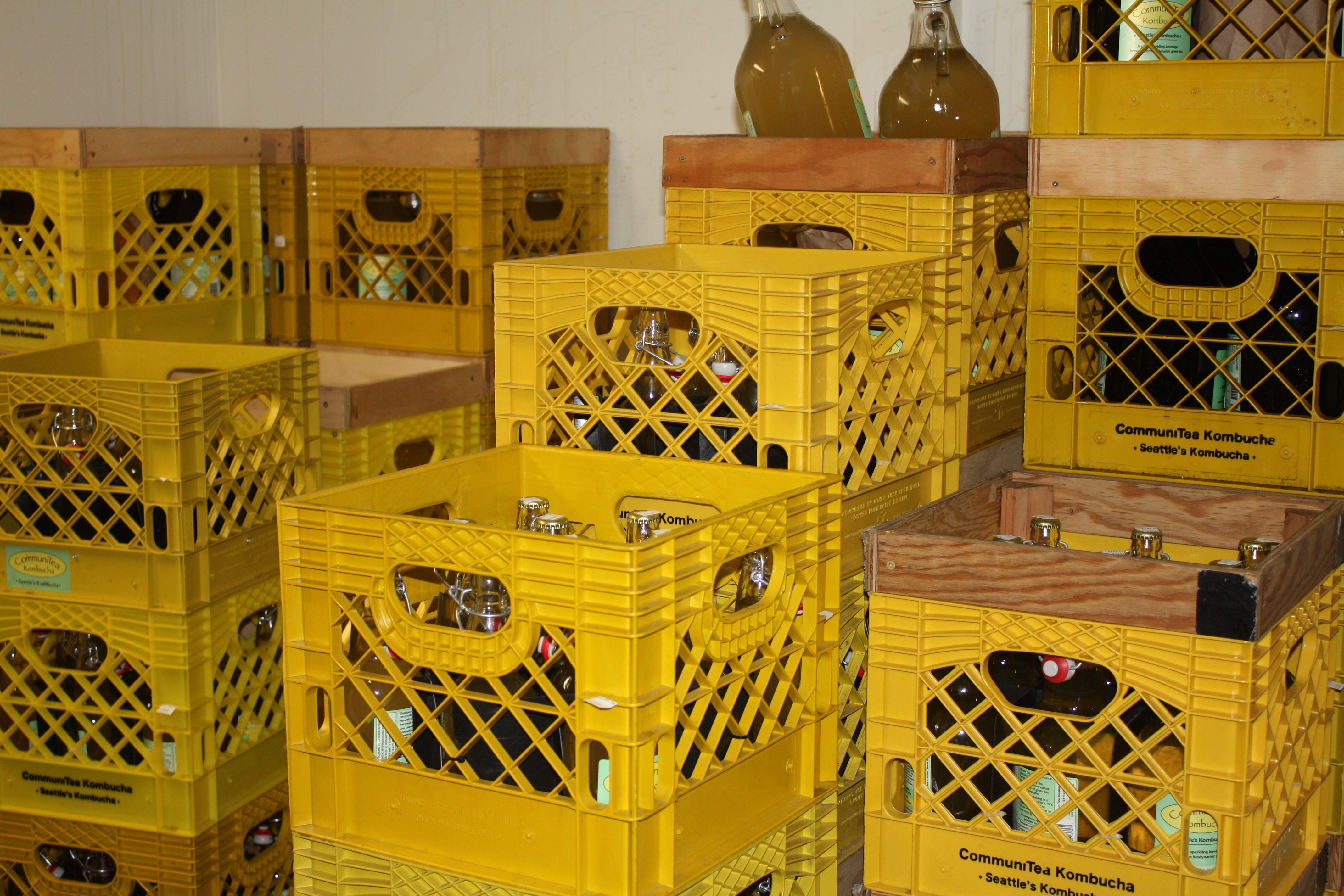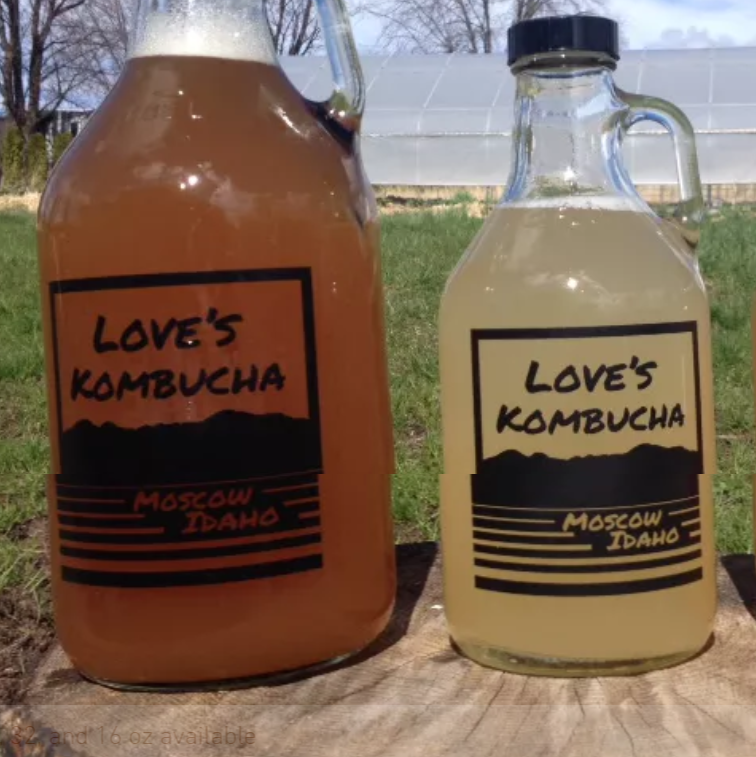
To juice or not to juice, that is the question. And we’re not talking about pro athletes taking steroids to enhance their performance. Adding juice to kombucha at some stage of the brewing process is an issue debated among brewers that separates the purists from the more adventurous.
Case in point is Emmett and Renee Love of Love’s Kombucha in Moscow, Idaho. Going from home brewers to sampling and selling their brew at a local farmers market. For this pair, adding juice or other flavorings to their kombucha is a no-no.
“What sets us apart is that we don’t add any juices or flavorings after it’s brewed,” Renee Love said in an interview with the Lewiston Tribune. “It’s a super simple brew…. It’s just a fun, special drink.”
With Love’s Kombucha, the brewers believe added flavor comes from the various teas they use in the initial part of the brew. The Love’s kombucha is not available in any stores but can be found on tap at Huckleberry’s Natural Market, Moscow Food Co-op and Tapped; and in Pullman at Daily Grind Espresso and Dissmores IGA.
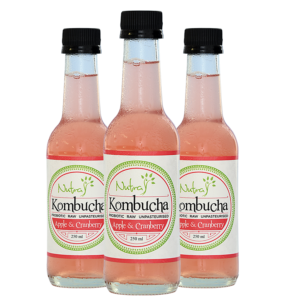
And for some great Tweets:
Tim Spector, forced to take antibiotics, hopes kombucha will even things out
Forced to take antibiotics for first time in years for chest infection and throwing the kitchen sink at them to help my microbes – yogurt kefir kombucha berries honey nuts – and crossing fingers pic.twitter.com/s08Lf1zJ0j
— tim spector (@timspector) March 31, 2018
From Kinoko Kombucha, a new brewer
Coming soon!!! So excited!!! #kombucha #kinoko #yorkshire #detox #healthy #foodie @Yorkshirefam pic.twitter.com/FJQSZCjtqB
— Kinoko Kombucha (@kinoko_kombucha) April 5, 2018
And from Nutra Kombucha
Many celebrities endorse Kombucha and drink it regularly as part of their healthy diet regime, people like Madonna, Gwyneth Paltrow, Reese Witherspoon and Halle Berry all love #Kombucha #WirralDigital #ATSOPRO pic.twitter.com/HF2phvZtwT
— Nutra Kombucha (@NutraKombucha) April 2, 2018

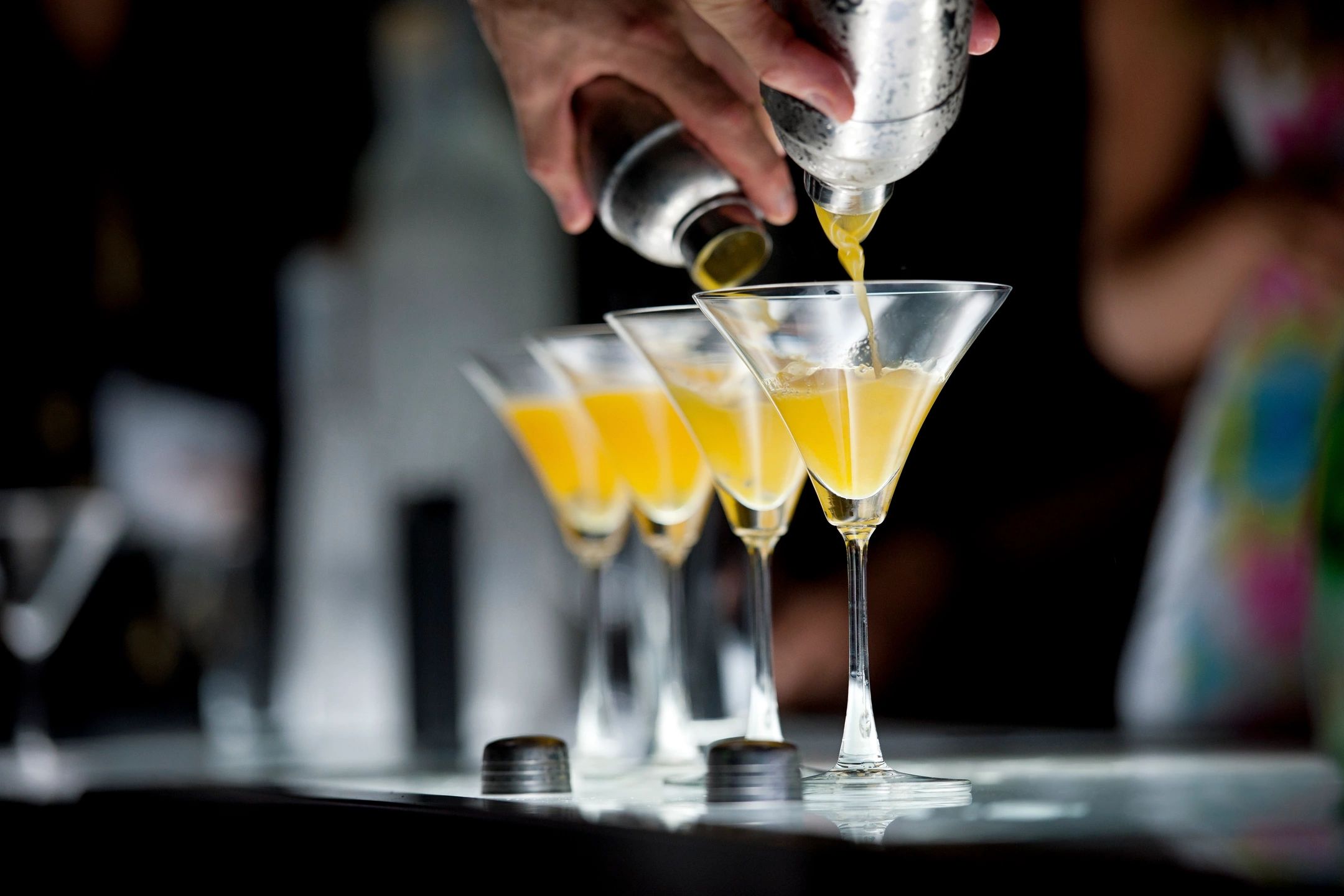




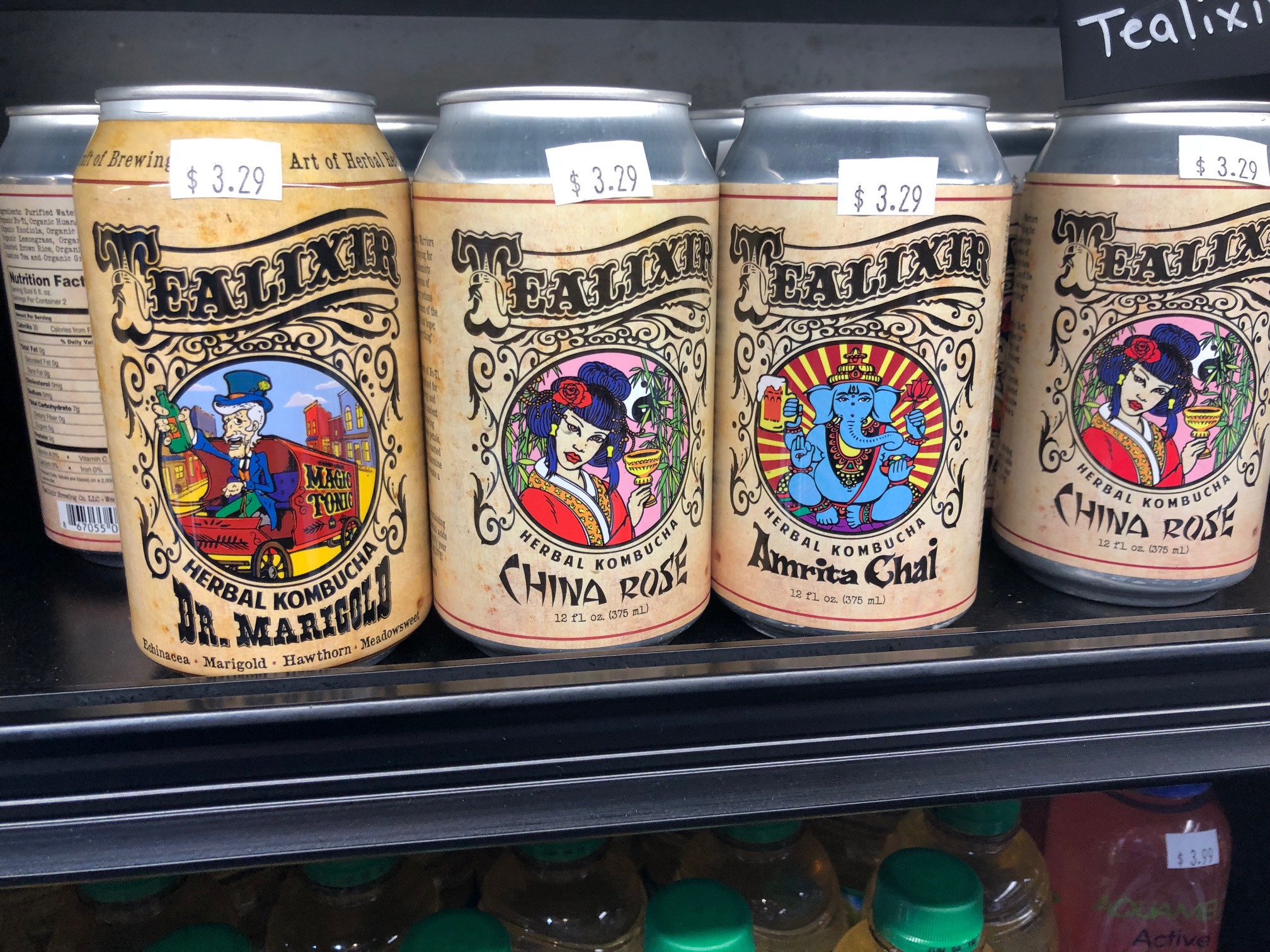
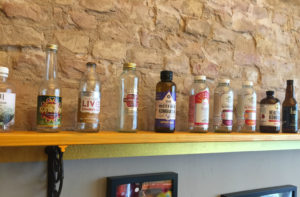


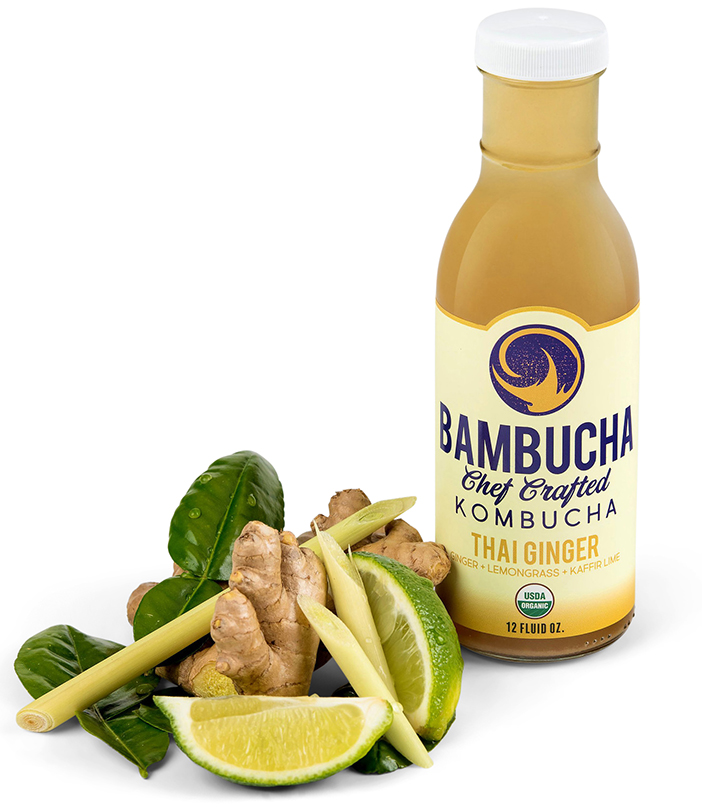
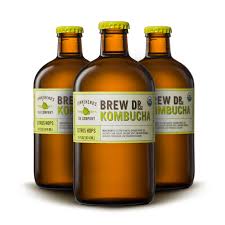
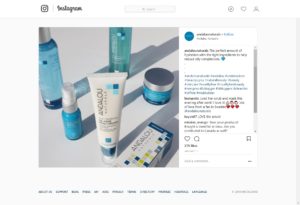 ns that no matter what crazy ingredient you find in their products, be it Kombucha, pumpkin, apricot or purple carrot (yes, you read those right), their powerful benefits will be doubled, if not tripled.
ns that no matter what crazy ingredient you find in their products, be it Kombucha, pumpkin, apricot or purple carrot (yes, you read those right), their powerful benefits will be doubled, if not tripled.